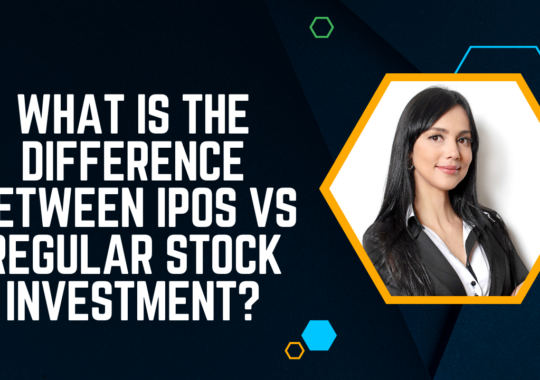Financial markets are rich in instruments you can trade. You have forex pairs, shares, bonds, commodities, indices, and several others. Each type of instrument has its own advantages and disadvantages, and is suitable for a specific category of traders. For novice traders, one asset type can deliver good opportunities, with the right tools. That asset type is indices, and this article will focus on why it can be attractive to newbies.
What are indices?
An index is a tool that measures the performance of the market in a broad manner. That is, it measures the collective performance of the market rather than the performance of individual stocks. For example, the Nikkei 225 tracks the Japanese stock market and includes the shares of 225 Japanese companies. The Australia ASX 200 is based on the Australian stock market, and there are other examples in almost every other stock market around the world.
Different stocks may have different weight in an index. Companies with bigger market capitalization may have a bigger impact on the movement of the index.
Technically, you cannot trade a whole index directly, but you can trade a contract for difference (CFD) on the price movements of an index. CFDs allow you to speculate on the movement, upwards or downwards, of an underlying asset’s value such as indices. Trading indices is a convenient way for traders trying to take advantage of market moves, in any direction.
Why indices are suitable for novice traders
Indices trading may be preferable to trading other instruments, especially for novice traders, thanks to the following reasons.
- It enables you to diversify your investments. When you trade an index CFD, it is like trading all the assets included in the index at once. This means that you are effectively diversifying your portfolio without much hard work. Indices usually include the best companies, which also saves you the trouble of searching for them. Diversification, in turn, can protect you from risks and improve the long-term performance of your portfolio.
- It is less costly. If you were to buy all the shares in an index individually, that would probably involve high transaction costs, which may include spreads and commissions. It may also require larger capital. Trading an index CFD helps you avoid those costs, as it involves a single transaction only. Lower costs may reflect positively on your portfolio performance.
- Indices help you enter the world of passive trading. When you trade index CFDs, you do not need to be actively trading every day. For the most part, you enter the trade and let the market do its work. You can check your portfolio performance every week or month, or any time interval you want, but you do not need to be glued to your screen.
- You can diversify across indices. Indices enable you to access several sectors easily. You can trade for example indices that track the performance of agricultural products, or other commodities, or indices that track the automotive sector, and so forth. This way, you can diversify your portfolio across sectors in addition to the diversification within indices.
Summary
Indices simplify your trading process. They are much easier to trade than picking individual stocks or trading currencies, particularly for beginners. But despite this ease, you should always practice sound risk and money management strategies.

Krishna Murthy is the senior publisher at Trickyfinance. Krishna Murthy was one of the brilliant students during his college days. He completed his education in MBA (Master of Business Administration), and he is currently managing the all workload for sharing the best banking information over the internet. The main purpose of starting Tricky Finance is to provide all the precious information related to businesses and the banks to his readers.




